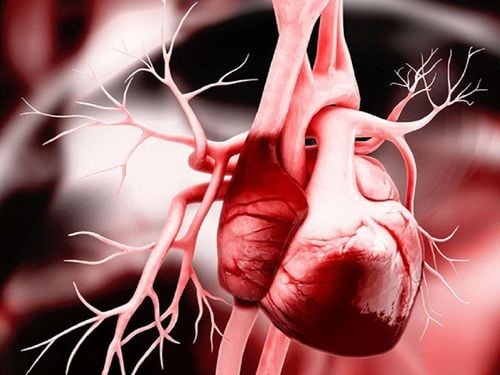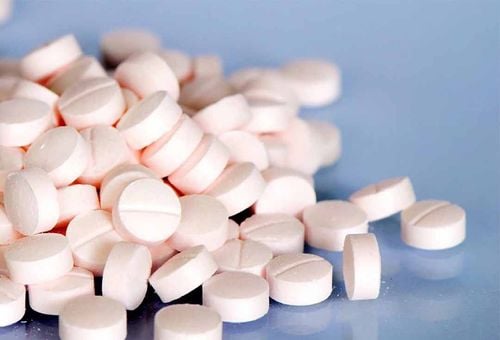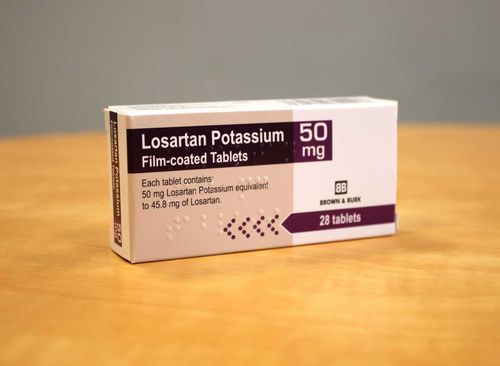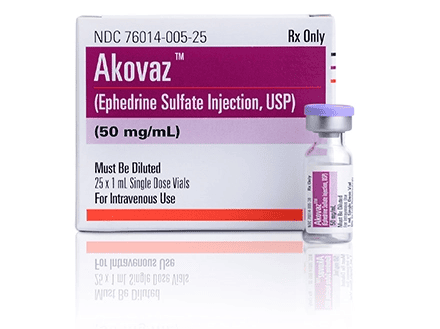This is an automatically translated article.
The article is professionally consulted by Master, Doctor Hoang Thi Hoa - Cardiologist - Department of Medical Examination and Internal Medicine - Vinmec Ha Long International General Hospital.One of the dangerous conditions that can happen to your heart is cardiogenic shock. If this condition is not treated in time, it can be life-threatening.
1. What is cardiogenic shock?
Cardiogenic shock is known as a condition in which the heart is suddenly unable to pump blood to meet the body's needs. This condition usually occurs after a severe heart attack.
Although quite rare, cardiogenic shock often leads to death if the victim is not treated immediately and only about half of the patients survive with immediate treatment.
2. Symptoms that warn you of cardiogenic shock
When having cardiogenic shock, patients often have the following symptoms:Hypotension: Blood pressure readings below 90 mmHg and baseline blood pressure above 30 mmHg. There are cold and pale skin, purple veins on the skin and cold purple extremities. Victims may have oliguria or anuria, i.e. urine < 0.5 ml/kg/hour, as well as signs of peripheral circulatory stasis such as hepatomegaly and distended jugular veins or wet rales. in the lungs. Irregular heart rhythm: The patient may have severe arrhythmia, the heart rate may be abnormally fast or slow. Neurological: The patient is apathetic or mentally disturbed, confused and disoriented.
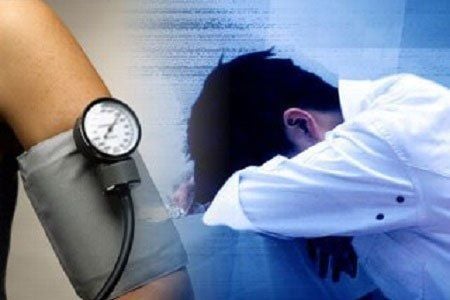
Một trong những dấu hiệu của bệnh sốc tim là tụt huyết áp
3. Drugs used in the treatment of cardiogenic shock
3.1 Dobutamine drug
Dobutamine is a synthetic catecholamine that has the effect of increasing myocardial contractility as well as increasing heart rate and has little effect on vascular muscle, arrhythmia, blood flow to the kidney. Dobutamine is the first choice in the treatment of cardiogenic shock.
3.2 Vasodilators
Vasodilators are used when blood pressure is maintained at a stable level. This drug works to reduce preload and afterload for the heart, so it is very beneficial when patients have acute myocardial infarction or acute heart failure. Commonly used vasodilators include nitroglycerin infusion and nitroprusside.
3.4 Cardiac medications
Digitalis should not be used in acute myocardial infarction with cardiogenic shock despite severe left ventricular failure because the drug increases the risk of arrhythmias as well as increased mortality. In the case of patients with heart failure due to valvular heart disease or cardiomyopathy with atrial fibrillation, digitalis should be used. In patients with severe heart failure, drugs that increase myocardial contractility by inhibiting phosphodiesterase such as milrinone, amrinone may be indicated.3.5 Diuretics
Diuretics to reduce left ventricular filling pressure are used in patients with heart failure who have increased volume and controlled blood pressure. Commonly used diuretics include furosemide and intravenous bumetanide.
4. What to do to prevent cardiogenic shock?
To prevent cardiogenic shock you should:
Control high blood pressure Keep cholesterol and saturated fat in your diet low Quit smoking Control your body weight Exercise regularly In addition, You need to regularly measure and check your blood pressure periodically to diagnose blood pressure diseases early, thereby giving timely treatment.
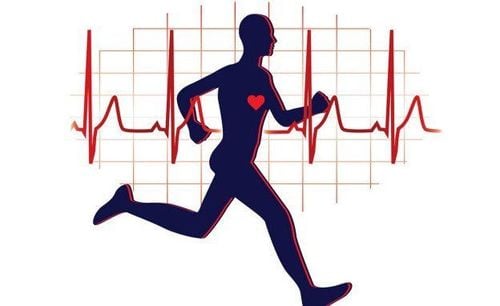
Duy trì chế độ ăn khoa học, tập thể dục đều đặn sẽ giúp bạn phòng ngừa sốc tim
Currently, Vinmec International General Hospital offers Hypertension Checkup Package, applicable to all subjects in need, especially those at high risk. Consists of two packages for customers to choose from: basic hypertension examination package and advanced hypertension examination package.
When choosing an examination package at Vinmec International General Hospital, customers can:
Visit with a Cardiologist and perform a number of tests to evaluate organ function. Depending on the basic or advanced package, customers can perform different techniques. Master. Hoang Thi Hoa has more than 10 years of experience in the field of Cardiology, especially in the field of cardiovascular emergency and echocardiography. Doctor Hoa used to be the Deputy Head of Cardiology Department of Quang Ninh General Hospital before working at Vinmec Ha Long International Hospital.
If you notice unusual health problems, you should visit and consult with a specialist.
Please dial HOTLINE for more information or register for an appointment HERE. Download MyVinmec app to make appointments faster and to manage your bookings easily.




